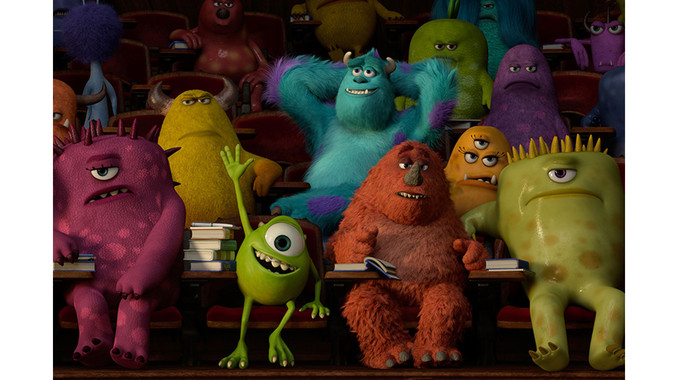Unlike other franchises, who aim for continuity in style and narrative, Mission: Impossible goes against the grain to create a series of films that are each unique in both their direction and cinematography. Instead of what feels like a series of films in service of one grand narrative, the Mission: Impossible franchise is like a collection of minimally-related films that adopt the same basic structure in their own unique way. Each movie has its own story to tell with almost no connections between the rest.
And since day one, Tom Cruise has worked to foster this separation between the movies, mainly by insisting on hiring a new director for each film. This ever-shifting tone is by far the greatest asset of the Mission: Impossible franchise and where its genius comes from. With each new director, a new voice and style are added to the franchise that takes it in a whole new direction than the films before it.
Take, for example, the original Mission: Impossible movie, directed by Brian de Palma. de Palma brought his famous sinister and thrilling tone to the film through his use of music and camera positioning in order to create a sense of anxiety between both the characters and the audience. In a way, de Palma brings the often overdramatic espionage genre back to basics, reminding us all that a story can still progress without unnecessary gore and CGI.
Credit: Paramount Pictures
Then, In Mission: Impossible 2, John Woo flipped the script, by focusing less on the film’s technical aspects and more on Cruise’s own physicality. The film takes a more surgical perspective on Cruise’s character, Ethan Hunt, and boasts several choreographed sequences and acrobatics that we hadn’t seen before in the franchise.
Credit: Paramount Pictures
Next, came J.J. Abrams who completely revamped the series is his feature directorial debut. In his Mission: Impossible 3, we see the biggest leap in character development of the entire franchise, due in large part to Abrams’ experience in television. His most notable addition to the franchise is definitely the character of Owen Davian, played by the late Philip Seymour Hoffman. Davian is an arms dealer on the black market who the IMF team is trying to take down. But, along the way, he kidnaps Hunt’s fiancée forcing him to choose between failing the mission or losing his wife. This is, without a doubt, one of the most memorable scenes of the entire franchise and Hoffman’s performance is incredible. Watch the full scene below.
Brad Bird directed the fourth film in the series, Mission: Impossible — Ghost Protocol. Bird, who is well known for his work on Pixar’s The Incredibles, brought a new dynamic to the IMF team by fleshing out their inner group relationships and responsibilities. This marked yet another shift in the franchise from the traditional Hunt-centric viewpoint to a more team-wide perspective. Bird also added a lighthearted and humorous tone to the franchise which fans really appreciated.
Credit: Paramount Pictures
Then, finally, came Christopher McQuarrie with Mission: Impossible — Rogue Nation. In this film, McQuarrie brought a level of cohesion that never existed in the franchise before. McQuarrie studied each of the franchise’s past films to capture subtle details from their respective directors, but in a way that still felt fresh and unique to his own style.
Credit: Paramount Pictures
Critics took note of his research and responded extremely well to his direction, with Variety naming it the best Mission: Impossible yet. Those high praises may have led to Cruise’s decision to re-hire McQuarrie to direct the upcoming Mission: Impossible — Fallout, making him the first to direct more than one movie in the franchise. It will be interesting to see what kind of spin McQuarrie will add to the franchise on his second time around.
Credit: Paramount Pictures
Regardless of how the new film turns out, though, one thing remains the same. Mission: Impossible is anything but a typical franchise. By throwing convention to the wind and allowing each film to have a life of its own, the franchise has created something completely unique in the film industry and something that will likely be used as a model for future franchises to come.
![]()
DIRECTV Insider brings you our views on what’s happening in streaming, t.v., movies and sports. Companies and persons mentioned are not necessarily associated with and do not necessarily endorse DIRECTV. We will disclose sponsored content on our site when we show it to you, and some of the links on the site may be ads or affiliate links which means DIRECTV may earn compensation from your purchases.











